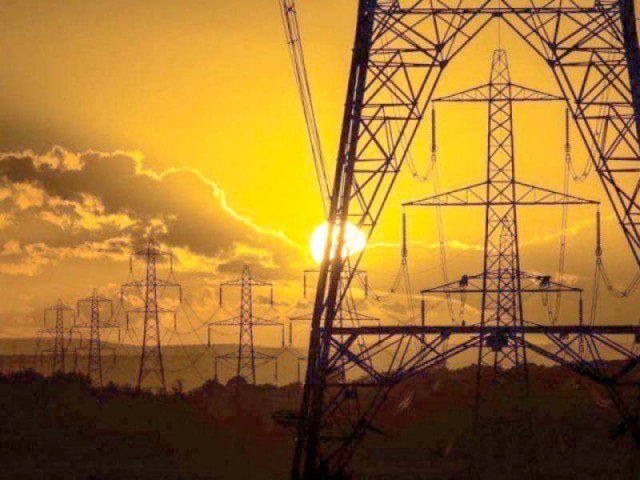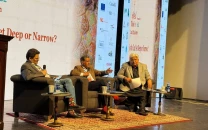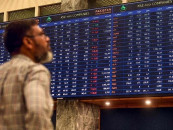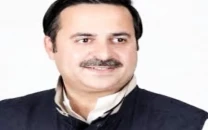KE seeks Rs10.69/unit power price hike
Aims to offset losses; NEPRA to conduct public hearing on June 27

K-Electric (KE) has petitioned the government for permission to raise its power price by Rs10.69/unit, aiming to increase it to Rs44.69/unit for the fiscal year 2023-24. The proposed tariff adjustment is intended to partially offset losses and enhance working capital, necessitating increased subsidies from the government to the privatised entity.
Spokesperson for K-Electric, Ovais Munshi, clarified during a media briefing on the petition submitted to the National Electric Power Regulatory Authority (NEPRA) that the proposed tariff is for the company itself and does not affect end-consumer tariffs, which will remain uniform at Rs35.50/unit nationwide, including for KE consumers. NEPRA is slated to conduct a public hearing on the petition on June 27, 2024.
Munshi explained that the government would bridge the gap—approximately Rs9.19/unit—between the proposed new selling price and the end-consumer tariff through subsidies. He said that earlier NEPRA had approved a power supply tariff of Rs52.22/unit for the power distribution company serving tribal areas, while the tariff for the Islamabad distribution company stands significantly lower at Rs30.88/unit due to better bill payment by end-consumers and limited line losses. The average base tariff for power supply for utilities stands at Rs35.50/unit, with most distribution companies having tariffs below Rs40/unit.
Highlighting the challenges faced by KE in Karachi, Munshi noted the presence of numerous slum areas and lower average household incomes compared to Islamabad. The complex nature of Karachi and its residents impedes KE’s efforts to expedite its monthly billing recovery, contributing to sustained losses. Citing a World Bank study, Munshi maintained the disparity in slum numbers and household incomes between Karachi, Islamabad, and Lahore. “There are over 900 slums in Karachi compared to a mere 42 in Islamabad. And the average household income in Karachi stands at $184/month compared to $266/month in Islamabad and $220/month in Lahore,” he highlighted.
Breaking down the requested new tariff of Rs44.69, Munshi detailed allocations as including includes Rs18.88/unit for energy purchase price (EPP), Rs12.54/unit for capacity purchase price (CPP), Rs3.84/unit for transmission charges, and Rs3.84/unit for distribution charges. Additionally, it seeks Rs0.42/unit for operation and maintenance, Rs0.59 for retail margin, Rs2.88/unit for recovery loss allowance, and Rs2.07/unit to enhance working capital.



















COMMENTS
Comments are moderated and generally will be posted if they are on-topic and not abusive.
For more information, please see our Comments FAQ